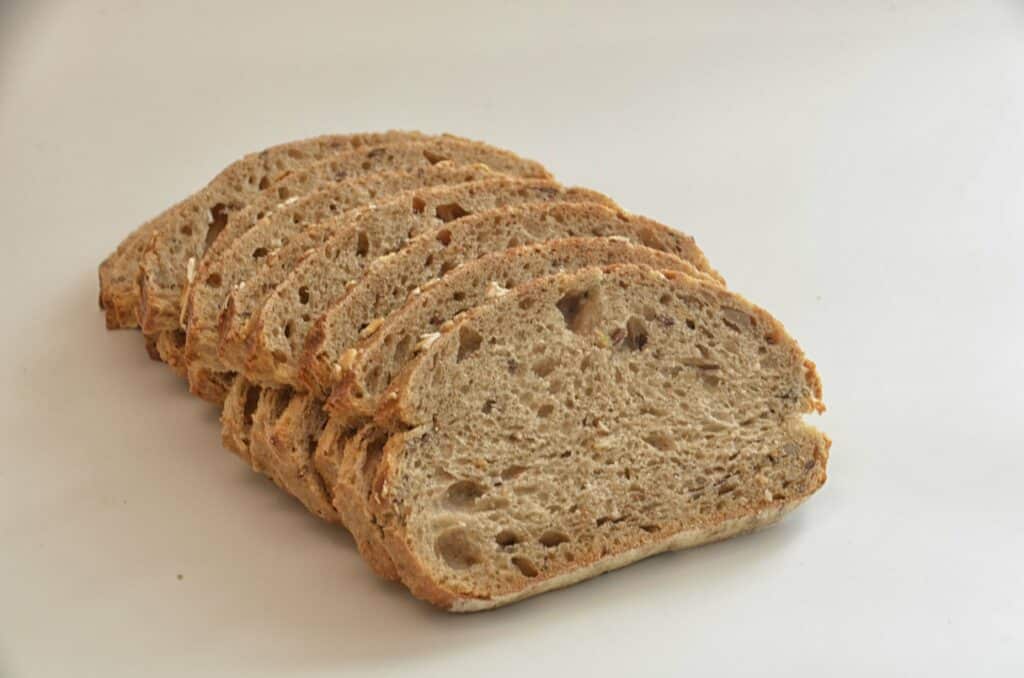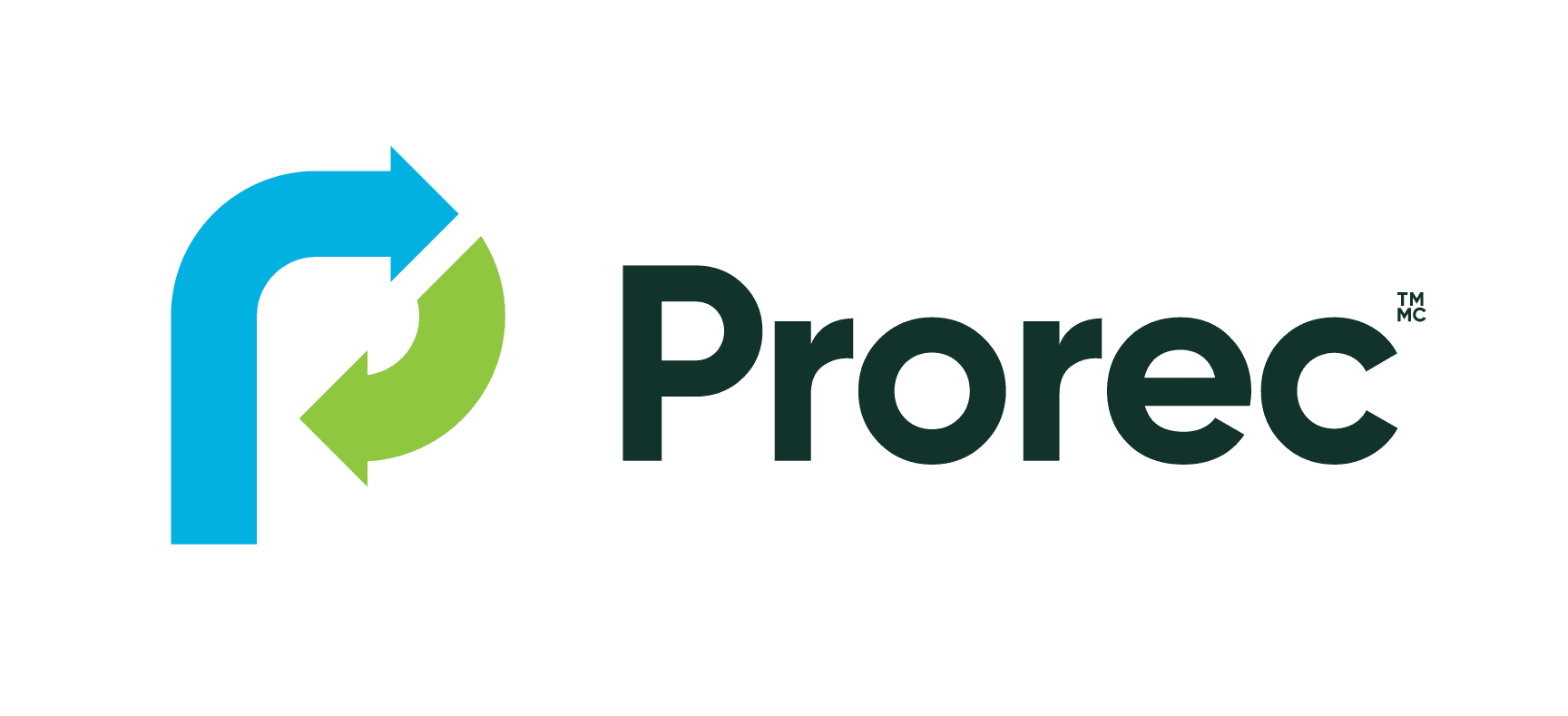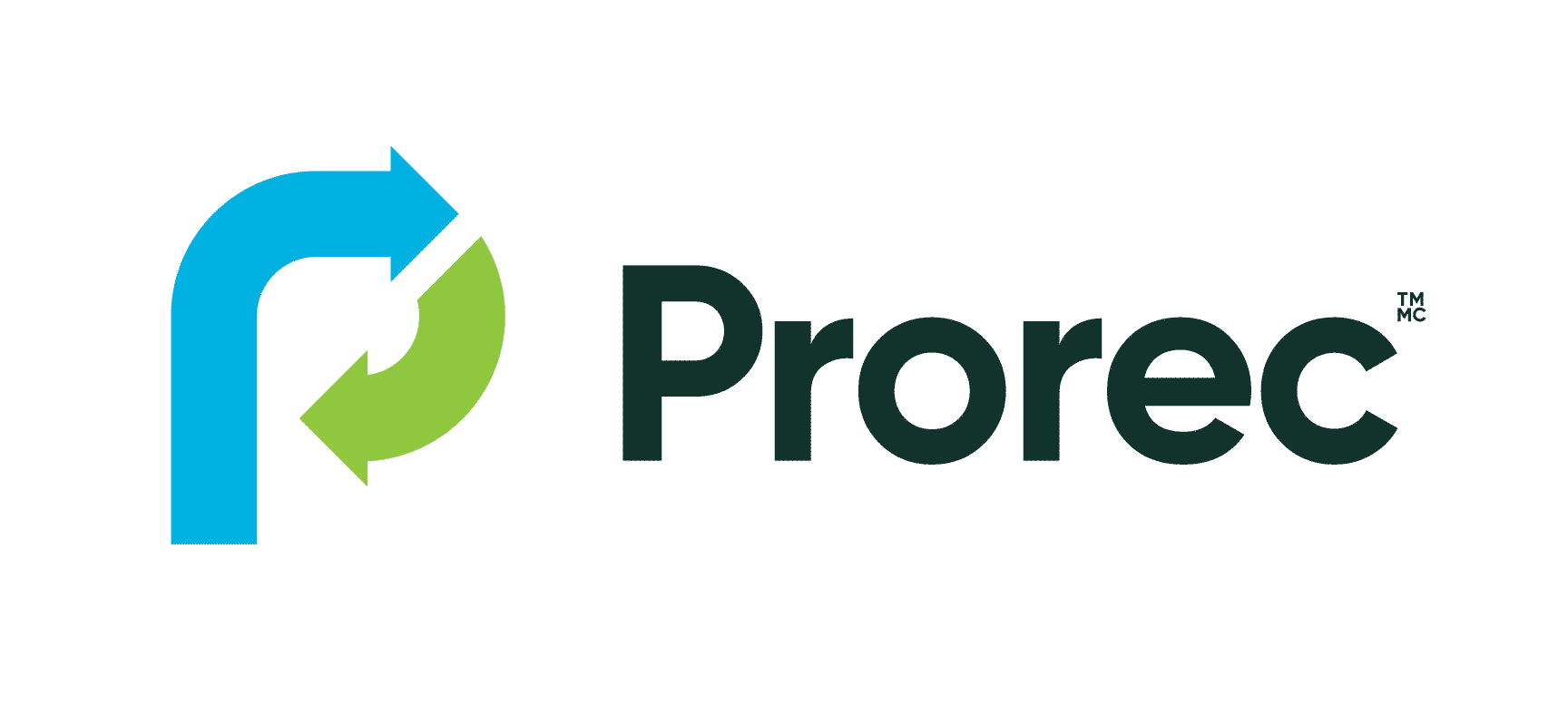
Don’t we all love freshly baked bread, croissants, and cakes? Well, that’s a bit of a problem. People want their baked goods fresh and won’t buy whatever overstays on the shelves. This makes it tricky to precisely match production with demand. And it results in widespread bakery waste. Good news, we have a solution. Prorec, committed to eco-friendly food production practices, uses bakery waste for animal feed!
What is the ecological impact of bakery waste?
First, the production of baked goods has an ecological impact:
- Growing wheat requires fertilizers, and producing fertilizers requires natural gas
- Growing wheat requires a lot of land, which can lead to deforestation, habitat loss, and soil degradation
- Baked goods production requires a lot of water
- Various raw materials must be processed, resulting in pollution
Using up resources to produce baked goods is unavoidable. But food recycling through proper bakery waste management ensures we do not throw away most of that production and do not use these resources in vain. Second, the bakery waste itself also has an impact. Food doesn’t biodegrade properly in landfills and releases methane emissions, a potent greenhouse gas.
How can bakery waste be reused to feed animals?
Review production processes
- Collection and sorting: Bakery waste is collected, sorted, and non-edible components are removed
- Removal of contaminants: For example, plastic removal or heat treatment
- Mixing: Livestock feeds must ensure adequate nutrient intake. Bakery products are mixed with appropriate feed ingredients
- Processing: The mixture is further processed to create the appropriate shape and form, and extend shelf-life
Taking into account the health of the animal
The content of diets must be monitored. For example, CP content and Protein content should be optimized for nitrogen balance. Also, bakery products rich in carbohydrate can contribute to acidosis in dairy cows (a disorder caused by a low stomach pH). This often results in weight loss, lowered milk production, lower milk fat content, and lameness.
The best way to prevent acidosis in dairy cows is to include sufficient amounts of fiber in the feed. We ensure our products’ quality and consistency (e.g., appropriate neutral detergent fiber concentration) through daily testing in our own laboratory.
Prorec, the specialist in the recovery and upcycling of food production waste
A smart and eco-profitable solution
Around 40% of food produced in North America ends up in landfills and generates methane emissions. Our recycled feed solution turns out to be profitable for all parties involved. Food producers efficiently estimate burial avoidance costs by assessing their production rejections, while livestock owners gain access to cost-effective animal nutrition.
A team dedicated to the environment
Since its foundation in 1996, Prorec empowers food producers to join the ever-growing circular economy. Millions of animals consume our recycled feed. Our team’s environmental impact is significant and measurable. Reusing bakery waste into animal feed simultaneously benefits the environment and the food production industry. If you have a production factory, feel free to reach out or partner with us!



